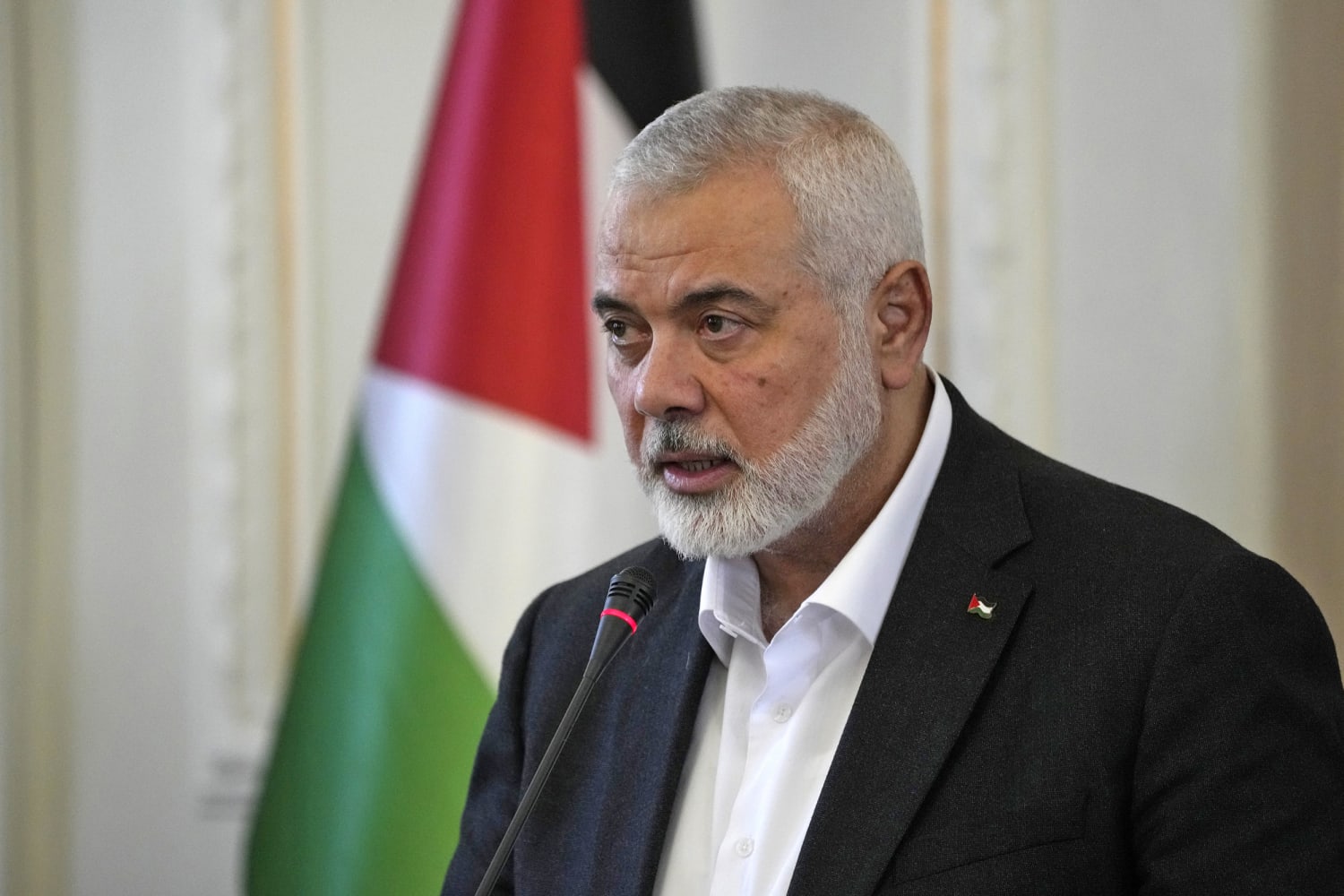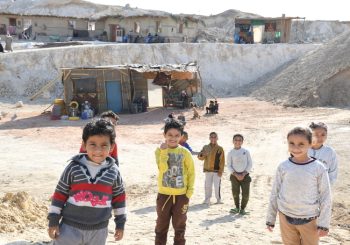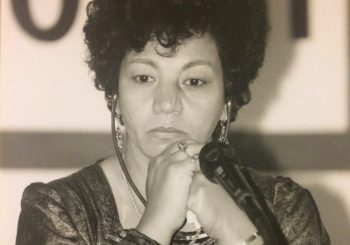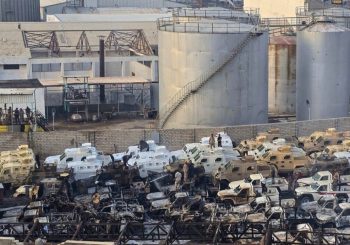Hamas announced on Wednesday that its political leader, Ismail Haniyeh, was killed in an Israeli attack in Tehran. Haniyeh had been in Iran to attend the inauguration of Iran’s new president when his residence was targeted.
The Islamic Revolutionary Guard Corps (IRGC) confirmed the incident, stating that Haniyeh and one of his bodyguards were killed in the attack. Details about the attack, including how Haniyeh was killed, remain unconfirmed. Initial reports indicate Haniyeh was targeted by a guided missile.
“Brother, leader, mujahid Ismail Haniyeh, the head of the movement, died in a Zionist strike on his headquarters in Tehran after he participated in the inauguration of the new [Iranian] president,” Hamas said in a statement. The IRGC’s Sepah news website also released a statement confirming the strike and the deaths.
Haniyeh had traveled to Tehran for the swearing-in ceremony of Iranian President Masoud Pezeshkian. The Israeli army has not yet commented on the reports of Haniyeh’s death. Israeli Prime Minister Benyamin Netanyahu had recently reiterated his commitment to destroying Hamas and securing the release of hostages taken during the October 7 attack, which marked the beginning of the current conflict in Gaza.
The incident occurred less than a day after an Israeli strike in Beirut killed three people, including two children, and wounded 74 others. The Israeli military described this operation as a targeted assassination of a Hezbollah commander. Hezbollah reported that its commander, Fuad Shukr, was in the building during the attack, but his fate remains uncertain.
Who was Ismail Haniyeh?
Ismail Haniyeh, 61, was elected head of the Hamas political bureau in 2017, succeeding Khaled Meshaal. He had previously served as the Palestinian prime minister following Hamas’s unexpected victory in the 2006 parliamentary elections.
Known for his pragmatic approach, Haniyeh lived in exile, dividing his time between Turkey and Qatar. During the ongoing war on Gaza, he had engaged in diplomatic missions to Iran and Turkey, meeting with both nations’ presidents. Despite his leadership role in Hamas, Haniyeh was known for maintaining good relations with various Palestinian factions.
Haniyeh was also a key figure in negotiations between Hamas, the Palestinian Islamic Jihad and Israel, often travelling to Egypt to meet with officials and discuss terms. The killing of Haniyeh is likely to disrupt, and perhaps end, ceasefire negotiations.
Reactions
In response to Haniyeh’s assassination, US Defense Secretary Lloyd Austin expressed hope for diplomacy to de-escalate regional tensions. Russian Deputy Foreign Minister Mikhail Bogdanov condemned the killing as an “unacceptable political murder,” warning it would lead to further escalation.
Meanwhile, Iran’s Foreign Ministry also condemned the assassination, with a spokesman stating that Haniyeh’s “blood will never be wasted.” The spokesman emphasized that Haniyeh’s ‘martyrdom’ would strengthen the bond between Tehran, Palestine, and the resistance.
Turkey’s Foreign Ministry also condemned Haniyeh’s assassination, criticizing the Netanyahu government’s approach to peace. Palestinian Authority President Mahmoud Abbas called for Palestinian unity in the face of Israeli occupation, describing the killing as a cowardly act and a dangerous development.
The conflict has resulted in significant casualties, with at least 39,400 people killed and 90,996 wounded in Gaza. An estimated 1,139 people were killed in Israel during the Hamas-led attacks on October 7, with more than 200 individuals taken captive.







Comments (6)
[…] statement came after the reported assassination of Hamas political leader Ismail Haniyeh in an Israeli strike in Tehran, where he had been […]
[…] statement came after the reported assassination of Hamas political leader Ismail Haniyeh in an Israeli strike in Tehran, where he had been […]